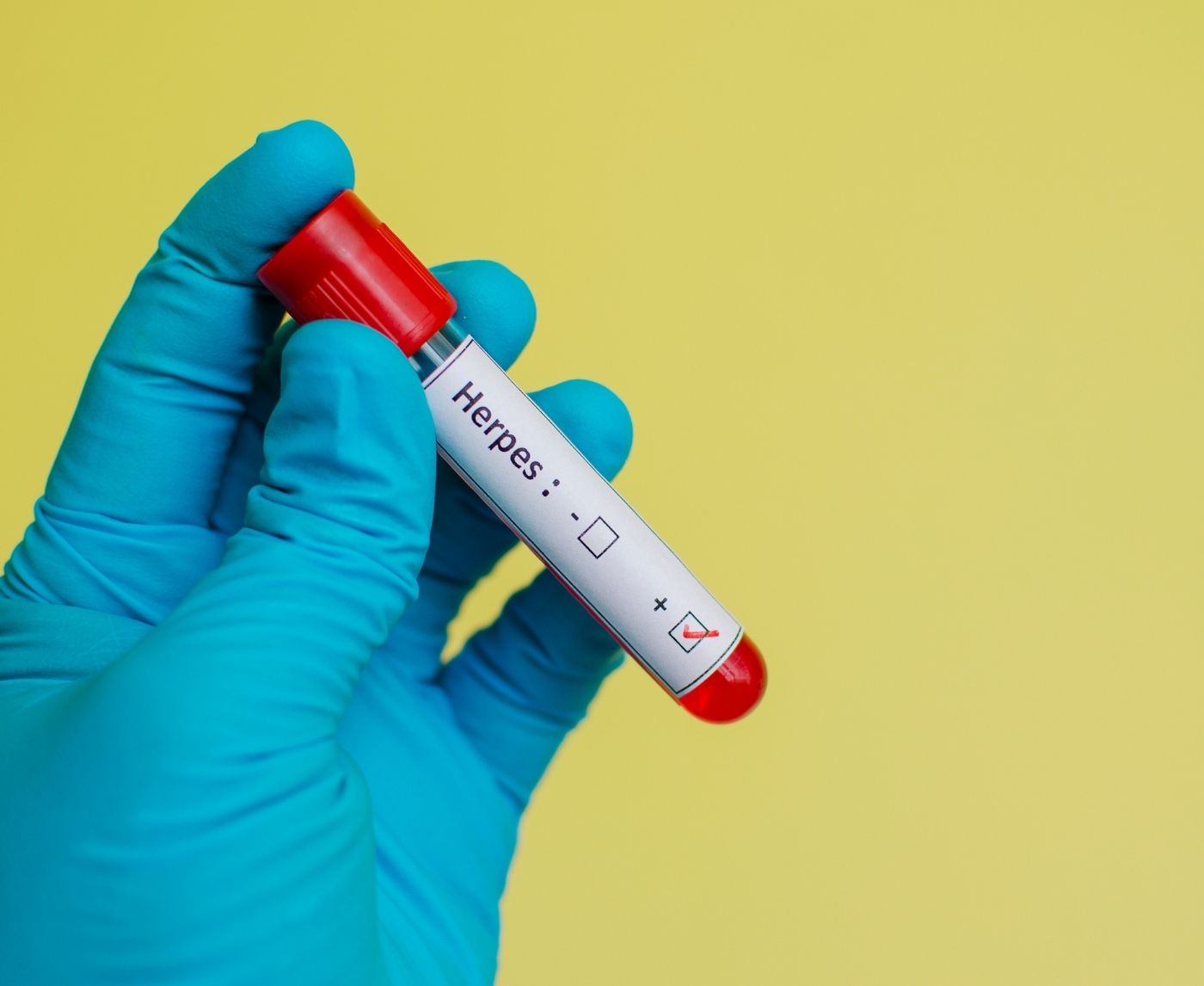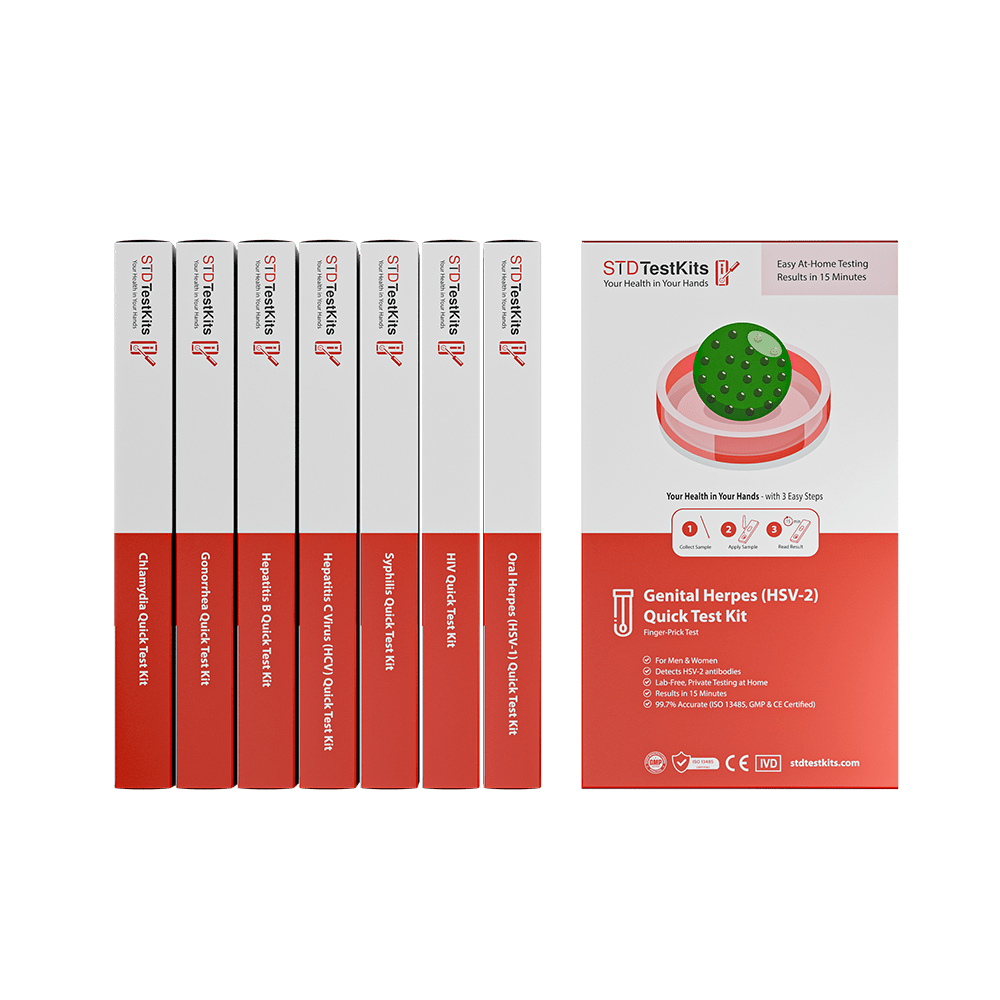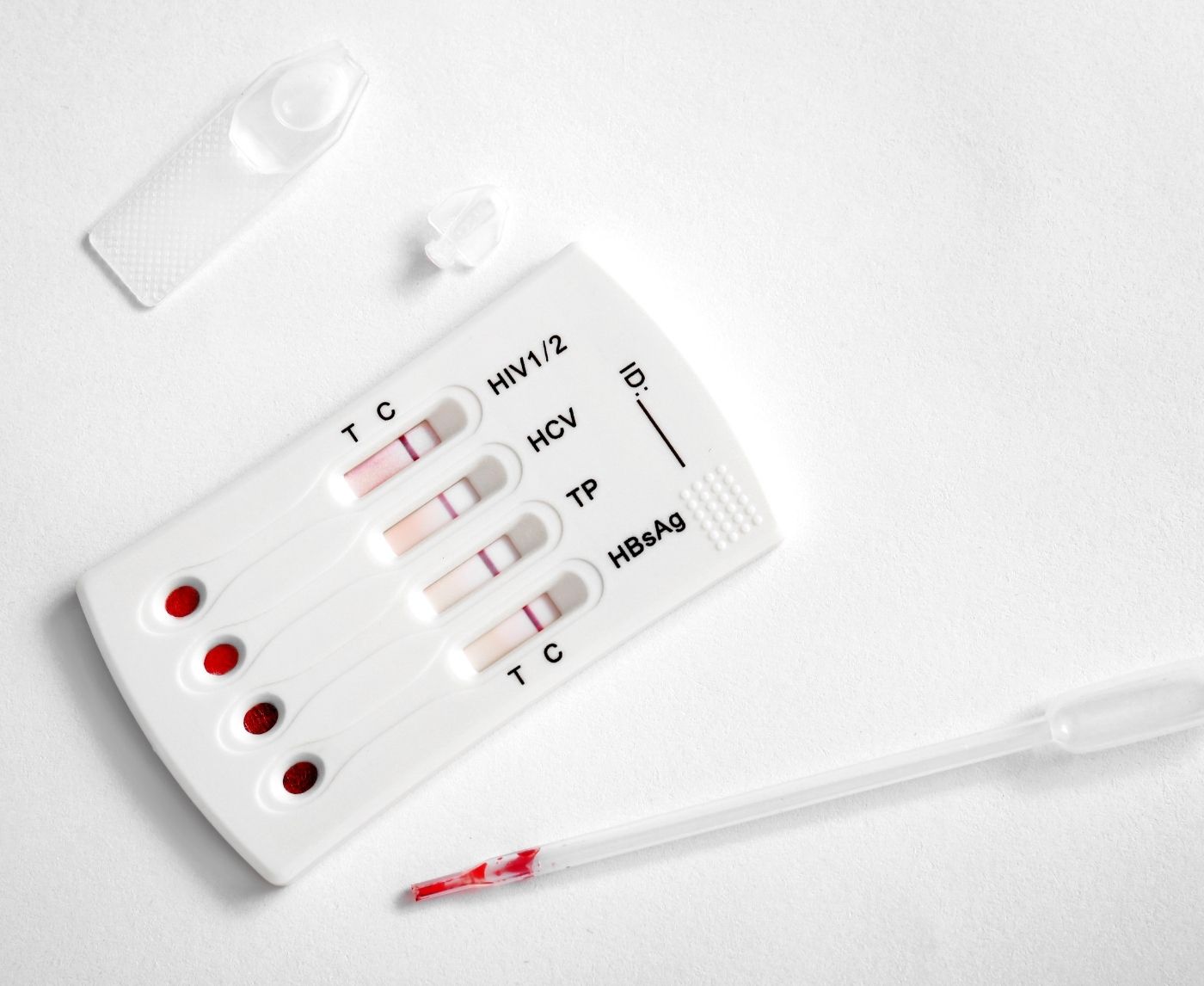How Long After Exposure Can Chlamydia Be Detected?
Quick Answer: Yes, you can get the same STD more than once, even from the same partner. Repeat infections are common, and understanding treatment timing, partner status, and test accuracy is key to staying protected.
Why Repeat STDs Are So Common, But Rarely Talked About
Most STDs don’t give you lasting immunity. That’s the kicker. You can recover from gonorrhea, chlamydia, or trichomoniasis and still get infected again weeks later, especially if your partner wasn’t treated at the same time or you reconnected before the bacteria cleared. According to the CDC, up to 20% of people treated for chlamydia test positive again within a few months. Not because the treatment didn’t work, but because reinfection is that easy.
What’s harder to quantify is how often repeat diagnoses trigger silent shame. Many people never tell their doctors it’s not their first. Others delay testing because they feel like they “should’ve known better.” But STDs don’t work on shame, they work on exposure, timing, and biology.
Jordan, 33, had been in what he thought was a monogamous relationship when he got diagnosed with gonorrhea, twice. “The second time, I didn’t even want to go in. I kept thinking, ‘This makes me look like I don’t care.’ But I did everything right. I just didn’t realize my partner hadn’t gotten treated the first time.”
Can You Really Get the Same STD Twice?
Yes. And it happens more often than most people realize. Some STDs, like herpes, establish permanent infections that cause future outbreaks, so symptoms come back without being “caught” again. Others, like chlamydia and gonorrhea, clear with treatment but don’t provide immunity. You’re just as vulnerable after treatment as you were before.
The reasons for repeat infection usually fall into a few buckets: your partner wasn't treated, you resumed sex too soon after treatment, the STD wasn't fully cleared yet, or a new exposure happened that you weren’t aware of. In fewer cases, treatment failure or antibiotic resistance can play a role, but reinfection is still the most common explanation.
Here’s how it breaks down:
Table 1. Reinfection potential for common STDs. Reinfection is usually caused by partner mismatch in treatment or re-exposure, not treatment failure.
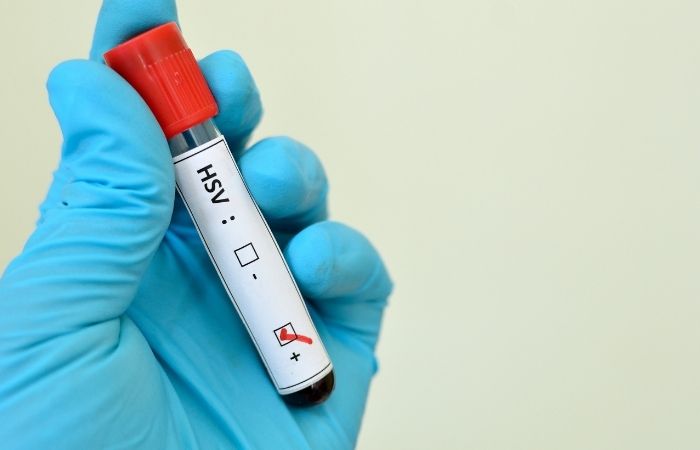
People are also reading: Dating Again at 40? Don’t Assume Your Doctor Will Test You for STDs
What If You Were Treated, But Symptoms Came Back?
This is where things get murky. Some STDs can cause symptoms that persist after treatment even when the infection is gone. Inflammation takes time to subside. Discharge or pelvic pain might linger. And some people are hypersensitive to changes in their bodies post-diagnosis, interpreting every itch or twinge as a relapse.
But sometimes, it’s not in your head. Sometimes, it’s back. Testing can’t always tell the difference between a lingering infection and a new one, especially if you and your partner weren’t treated at the same time. And in rare cases, antibiotic-resistant strains can survive treatment, especially with gonorrhea.
If your symptoms return more than two weeks after completing treatment, it’s worth retesting. That’s especially true if:
- Your partner didn’t test or treat alongside you
- You resumed sex within 7 days of treatment
- You’re experiencing new or worsening symptoms
Alina, 21, had a discharge return two weeks after being treated for trichomoniasis. “At first I thought it was yeast from the antibiotics. But I tested again and it was back. Turns out my partner had never filled his prescription.”
This is why dual treatment and partner communication matter. Not to assign blame, but to break the cycle.
When to Retest: The Timeline That Matters
Retesting isn’t about paranoia, it’s about timing. The CDC recommends follow-up testing three months after treatment for chlamydia and gonorrhea, even if symptoms are gone. This isn’t because the medication might fail, it’s because repeat infections are so common.
If your partner wasn’t treated, or if you had sex again within seven days of finishing treatment, consider retesting sooner. The same goes if your symptoms never fully resolved. Testing too early can still show positive if there’s lingering bacterial fragments, but retesting at the right time helps confirm that you’re truly in the clear.
Here’s a quick view of what the timing looks like:
Table 2. Retesting windows help confirm clearance and prevent reinfection from untreated partners.
Worried you might need to test again? This discreet combo test kit checks for the most common infections in one go, and it ships quickly, no clinic wait needed.
“I Was Careful, So How Did This Happen Again?”
The question loops in your head louder than the result itself. After all, you used protection. You asked the questions. You even got tested. But the reality is, “being careful” doesn’t guarantee invincibility, especially with STDs that pass through skin contact, not just fluids. Herpes and HPV, for example, can transmit even when there are no visible sores, and condoms may only reduce, not eliminate, risk.
It’s also possible your exposure happened before your last test. Many STDs have incubation or window periods, where the infection is present but not yet detectable. Testing too early may give you a false sense of safety, and by the time you test again, it’s easy to assume the new result is a “second” infection, when it might just be the first finally showing up.
Devon, 25, tested negative after a weekend trip with a new partner. Three weeks later, symptoms of gonorrhea appeared. “I thought I was in the clear because I tested after we got back. But the nurse explained the test may have missed it because it was too soon.”
This is why understanding window periods, and using follow-up testing, isn’t just smart. It’s protective. It’s also why trusting your body and your instincts matters more than any calendar or label.
When It’s Not Reinfection: Treatment Failure, Resistance, and Rare Cases
Not all repeat symptoms are due to reinfection. In a smaller number of cases, the infection was never fully cleared in the first place. This can happen if the wrong antibiotic was prescribed, if the bacteria is resistant, or if a person didn’t finish their medication course. That’s why it’s critical to complete treatment exactly as prescribed, even if symptoms fade early.
Gonorrhea is especially concerning here. Some strains have developed resistance to multiple antibiotics, making treatment more complicated in certain regions. The World Health Organization has even flagged it as a “priority pathogen” for antibiotic resistance research.
If you've been treated but symptoms persist, or worsen, don’t self-diagnose or retreat into shame. Return to a provider and explain your history. Retesting and, if needed, switching treatments can resolve what your body couldn’t fight off alone. Reinfection is still the more common culprit, but that doesn’t mean you shouldn’t advocate for yourself if something feels off.
How to Talk to a Partner After a Repeat STD
One of the hardest parts of any STD is not the diagnosis, it’s the conversation that follows. Add in the complication of it being a repeat infection, and the fear of judgment doubles. Will they think I’m lying? Will they assume I’m reckless?
But here’s the truth: talking about it is part of protecting each other. And if a partner reacts with cruelty or blame, that’s not a sign you were wrong to speak up, it’s a sign they may not be a safe or informed sexual partner. Good partners get curious, not cruel.
Lena, 30, had to tell her boyfriend that she tested positive for chlamydia, again. “I thought he’d be furious. But instead, he said, ‘I guess we both missed something. Let’s fix it together.’ That moment changed everything.”
When you frame it as mutual protection, not confession, it shifts the energy. You’re not asking for forgiveness. You’re sharing information that protects both of you. And that’s powerful.
If your partner hasn’t tested, or didn’t treat at the same time you did, suggest doing it together. Shared responsibility is how repeat infections stop being so common.
Why Repeat STDs Don’t Mean You’re Reckless
Let’s say it plainly: catching an STD again does not make you irresponsible, dirty, or doomed. It makes you human. Sex involves risk, even when you do everything right. Condoms help, but they aren’t perfect. Communication helps, but it’s not foolproof. And testing helps, but only if both partners follow through.
Many people silently carry shame around their STD history, especially if they’ve been diagnosed more than once. They assume it reflects on their worth, or their choices, or their morality. But STDs are not punishment. They’re part of the landscape of sexual health, and just like colds, UTIs, or strep throat, they require information and care, not character judgment.
There is no “number” of infections that makes you less deserving of respect, pleasure, or love. Whether it’s your first or your fifth, what matters most is how you respond, how you care for yourself, treat your body, and protect your future partners.
If you’re tired of wondering, second-guessing, or waiting for the other shoe to drop, take back your agency. Order a test. Start the conversation. Break the cycle. You don’t have to carry this alone.
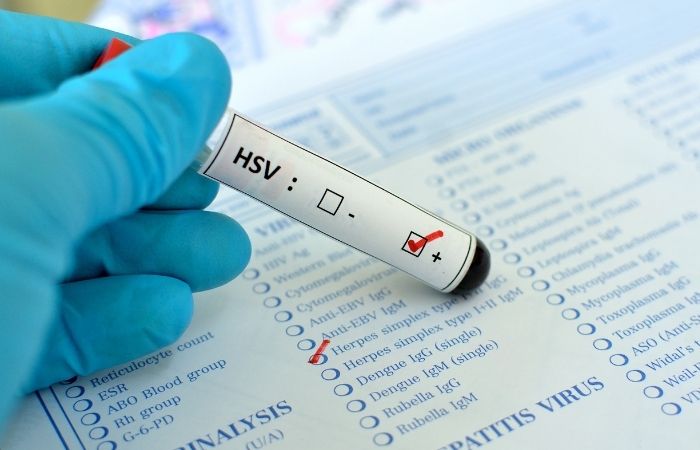
People are also reading: When Endometriosis Symptoms Might Actually Be Chlamydia or PID
When to Consider a Full Panel Retest
If you've had one STD more than once, or suspect reinfection, it may be time for a comprehensive panel. STDs often travel in groups. Chlamydia and gonorrhea frequently co-occur. Trichomoniasis may go unnoticed without symptoms. HIV and syphilis testing are often bundled when risk factors are high.
Comprehensive testing doesn't mean you're at higher risk, it means you're being thorough. Especially if:
- You’ve had multiple partners in the last year
- You were treated but unsure about your partner’s status
- You had symptoms that didn’t fully resolve
- You’ve been diagnosed with an STD more than once
At-home test panels like the Combo STD Home Test Kit allow you to test for multiple infections discreetly. There’s no awkward clinic visit. No raised eyebrows. Just answers, privacy, and peace of mind.
And if something does come back positive again? You’ll have clarity, and a plan.
When Testing Is an Act of Self-Respect
There’s a moment between deciding to test and getting the results that feels like standing on a cliff. Your stomach drops. Your heart races. You question everything, every hookup, every conversation, every time you said, “I’m sure it’s fine.” But that moment? That’s not weakness. It’s strength.
Getting tested again, especially after a previous diagnosis, is a very radical way to show respect for yourself. It means that shame isn't controlling your health. It means you're learning from your mistakes instead of letting them get you down. And it means you're facing your future with confidence instead of fear.
Whether you’re dealing with a returning STD, new symptoms, or just want to be sure, it’s never “too soon” or “too many times” to test. You deserve peace of mind. You deserve answers. And you don’t owe anyone an explanation for taking care of yourself.
There’s no trophy for toughing it out. There’s no moral badge for avoiding the clinic. But there is power in knowledge, and it starts with a single test.
Start with something that gives you control. Try a combo at-home STD test to check for the most common infections. Results in minutes. No waiting room. Just facts.
FAQs
1. Can you actually get the same STD twice, from the same person?
Unfortunately, yes. If your partner didn’t get treated (or didn’t finish their meds), you’re basically playing STD ping-pong. Even if you both feel fine, the infection can linger and bounce back without a full reset on both sides. It’s not about blame, it’s biology.
2. Why did I get tested after treatment, and it still came back positive?
There could be a few things going on. Some tests can find DNA or proteins that are still there after the infection is gone. Think of it like smoke after a fire, it doesn’t mean the fire’s still raging. But if you’re having symptoms again or your partner never got treated, it might be a true reinfection. Either way, follow-up is smart.
3. How long should I wait after antibiotics before having sex again?
The golden rule is: wait at least 7 days after finishing your meds. That gives the treatment time to fully work, and keeps you from passing anything back and forth. Jump the gun, and it’s like washing your hands but sticking them right back in the mud.
4. Is it common to get chlamydia or gonorrhea more than once?
Sadly, yes, and especially if you're between 18–30. They're sneaky, often symptomless, and can come back if your partner wasn’t treated, or if testing was done too early. Think of them like seasonal allergies, but way less polite.
5. I had symptoms after sex, got treated, and now they’re back. Am I cursed?
Nope, just caught in the cycle that so many people fall into. It could be reinfection, resistance, or maybe something else entirely (like a yeast infection mimicking STD symptoms). What matters most? Don’t ignore it. Test again, treat if needed, and press reset, without the shame spiral.
6. Can condoms stop this from happening again?
They help. A lot. But they’re not a force field. Condoms lower the risk for things like chlamydia and gonorrhea, but skin-to-skin STDs (like herpes and HPV) can sneak through. Think of condoms as seatbelts: they won’t prevent every crash, but they sure reduce the damage.
7. Do I really need to tell my partner I got it…again?
If you're still hooking up or in a relationship, yes, because untreated infections go both ways. It doesn’t need to be a scary conversation. Try: “Hey, something came up in my last test. Let’s both get checked so we’re good moving forward.” You’re not confessing, you’re protecting both of you.
8. What if I test positive three times in a year? Am I just unlucky?
Honestly? Yeah, kind of. But also maybe your partners aren’t getting treated, or you’re running into testing at the wrong window. It’s not about your character, it’s about connection points. Try a combo test, wait the full seven days post-treatment, and ask partners to test with you.
9. Can I just keep testing at home if I’m over going to the clinic?
Totally. As long as you're using high-quality, approved kits, at-home testing is a solid choice. It’s private, fast, and way less awkward than repeating your sex history in a fluorescent-lit exam room. Just know when to escalate: if something’s not clearing, call in the pros.
10. What if I feel fine, do I really need to retest? That’s the kicker: many STDs have zero symptoms. You might feel 100% fine and still test positive. Retesting after treatment (usually around 3 months) is less about paranoia and more about making sure you’re truly in the clear. Your future self, and your partners, will thank you.
You Deserve Answers, Not Assumptions
Repeat STDs aren’t a reflection of your worth. They’re a reflection of how common these infections are, and how much we still have to learn about navigating sexual health without shame. You’re not reckless. You’re real. And real people get STDs. Sometimes more than once.
If something doesn’t feel right, if you’re still unsure, or if you just want to stop wondering, test again. This at-home combo test checks for the most common infections discreetly, accurately, and fast. The sooner you know, the sooner you can move forward, without fear.
How We Sourced This Article: We combined current guidance from leading medical organizations with peer-reviewed research and lived-experience reporting to make this guide practical, compassionate, and accurate.
Sources
1. CDC STD Treatment Guidelines
2. WHO Fact Sheet on Antimicrobial Resistance
3. Retesting After Treatment to Detect Repeat Infections — CDC
4. Chlamydial Infections — STI Treatment Guidelines (CDC)
5. Factors associated with sexually transmitted reinfections: a retrospective analysis — PMC
6. Repeat infection with Chlamydia and gonorrhea among females: systematic review — PubMed
8. Characteristics of Cases With Repeated Sexually Transmitted Infections — PubMed
9. Genome‑Wide Association Study of Chlamydia Reinfection — Frontiers in Immunology
About the Author
Dr. F. David, MD is a board-certified infectious disease specialist focused on STI prevention, diagnosis, and treatment. He blends clinical precision with a no-nonsense, sex-positive approach and is committed to expanding access for readers in both urban and off-grid settings.
Reviewed by: Dr. Alia Kwon, MPH | Last medically reviewed: November 2025
This article is for informational purposes and does not replace medical advice.




